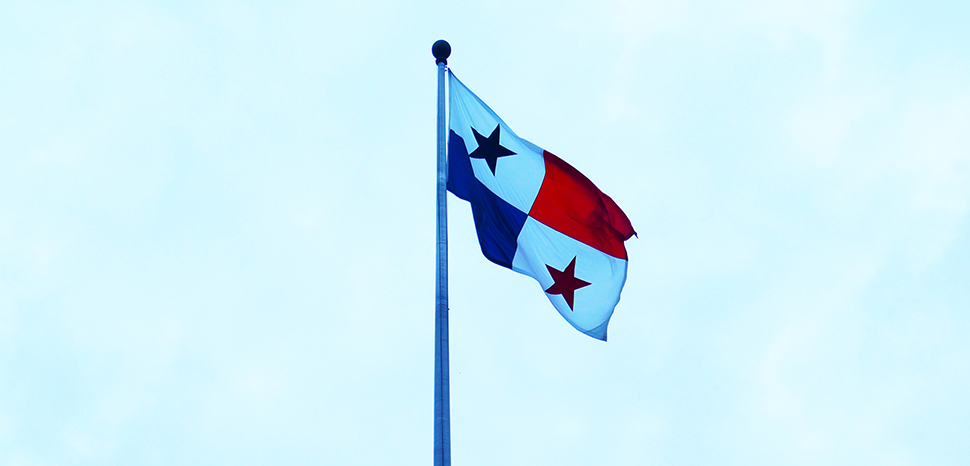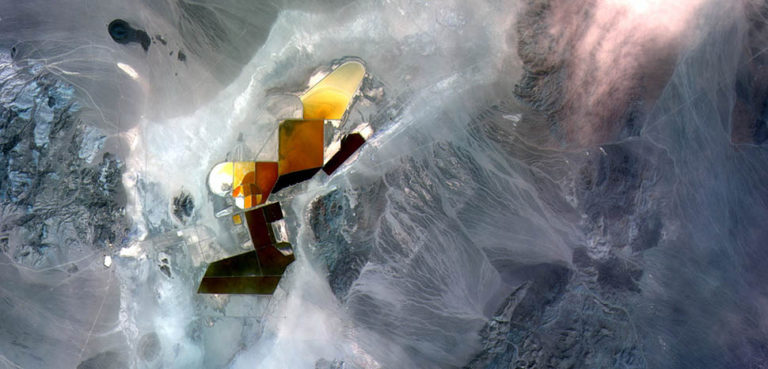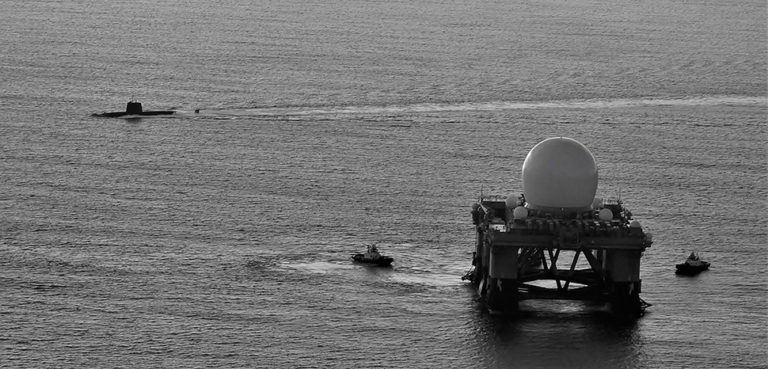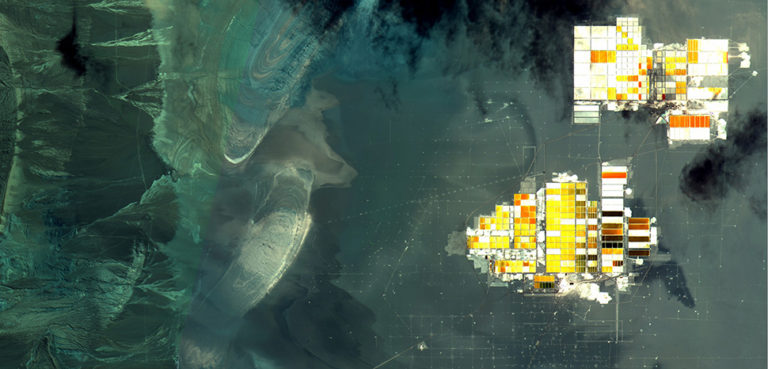In late October, thousands of Panamanians took to the streets (and even the water) across the country to protest a contract granted by the Panamanian government to the Canada-based First Quantum Minerals mining company to operate Central America’s largest copper mine. Copper is a precious mineral and a critical component for various industries. However, the people of the Central American country are pushing back due to a long list of environmental concerns.
The historical decision by Panama to hold a national referendum on 17 December over the contract represents a major win for environmental organizers and could well set a precedent for other polities in South and Central America.
Background
The copper mine is Panama’s only active mine and Central America’s largest copper mine. It is located in the coastal Donoso District, Colon Province in Panama’s Caribbean coast, within a protected park, and reportedly covers 12 hectares of jungle. The Cobre Panama mine commenced commercial production in 2019. “At full capacity, it can process 85 million tonnes of ore annually and produce more than 300,000 tonnes (661.4 million lb.) of copper each year. Gold, silver, and molybdenum are also recovered. Currently, the complex includes two open pit mines, a processing plant, two 150MW power stations, and a port.”
A first wave of protests occurred in September, which brought negotiations back to square one; the president and Congress signed a contract with First Quantum on 20 October. The new contract guarantees a minimum annual income of $375 million to the government and will be effective for 20 years. An option to renew is included.
A 22 October press release from First Quantum summarizes the situation and contract:
“On 20 October, 2023, the National Assembly in Panamá approved Bill 1100, being the proposal for approval of the Concession Contract for the Cobre Panamá mine, in the third debate of the plenary session with a vote of 47 in favor out of a total of 55 votes registered. On the same day, President Laurentino Cortizo sanctioned Bill 1100 into Law 406, and this was subsequently published in the Official Gazette. The enactment of Law 406 marks the final step in revising the legal framework for the Cobre Panamá mine.”
With the publication in Panama’s Official Gazette (Gazeta Oficial), “payments to cover taxes and royalties up to the year-end 2022 of approximately $395 million and certain amounts payable for 2023 corporate tax installments, withholding taxes, and quarterly royalty payments will be due within 30 days,” the company further noted.
First Quantum CEO Tristan Pascall praised the contract, stating, “we are pleased that the revised contract establishes the basis for a renewed long-term relationship between Panamá and First Quantum… We are committed to the contract’s obligations and to responsible stewardship of the Cobre Panamá mine, including a continued positive impact on our workforce, the surrounding communities, and the environment.”
The approved contract gives First Quantum’s local subsidiary, Minera Panama, rights to the territory in question for 20 years, with the option to renew for another two decades. An insightful article by Octavio Garcia Soto for Corporate Knights about the contract and protests provides more historical background: “the mine’s first contract was signed in 1997 under then-owner Petaquilla Gold and was declared unconstitutional in 2017 by the Supreme Court. First Quantum acquired the mine in 2013. But even without a contract, operations have continued.”
Minera Panamá has argued that it carries out environmentally friendly policies and activities. In a 7 December 2022 press release, the company announced the acquisition of “another Epiroc Pit Viper 351 E drill rig, the largest zero-emission surface drill rig in the world,” adding that the acquisition “highlights the advancement towards sustainable mining that reduces and mitigates the impacts of producing equipment with advanced technologies.” Currently, Minera Panamá-First Quantum Minerals is implementing a climate change mitigation strategy, which aims to achieve a 30% reduction in greenhouse gases by 2025 and 50% by 2030. First Quantum’s subsidiary also added that the copper mining operation “is an important supporter of economic development in Panama, representing 4.8% of its gross domestic product.”
Popular Blowback
Protests commenced as soon as the new contract was announced. Besides waving Panamanian flags, the protesters have made placards with messages like “protect our natural resources” and “stop destroying our lands.” The protests have also turned violent at times, with some roads blocked with burning tires. Government buildings like the Ministry of Finance and the Chamber of Commerce in the capital were also attacked. The police have utilized tear gas to disperse protesters. (Panama does not have a military).
In response to the maritime protests, Cobre Panama issued a statement on 28 October, “condemning the illegal and violent [events] as unauthorized vessels with unauthorized individuals aboard having entered the Punta Rincon International Port.” The statement was a response to a group of vessels (approximately eight) that entered the port, property of Minera Panama, to protest the contract.
The reasons for the protests are summed up in a recent article published on MSN. The first reason is environmental concerns, namely the idea that the mine will damage the natural environment, pollute water and air, and destroy biodiversity. Second is social inequality: protesters are concerned that the contract benefits foreign enterprises and not local communities. Finally protesters decry a lack of transparency, arguing that the government did not consult nor engage with indigenous communities before signing the contract.
The Panamanian government has attempted to strike a conciliatory tone, recognizing the people’s right to peaceful protest and stating that violence will not be tolerated. On 27 October, President Laurentino Cortizo announced that no new mining concessions nationwide would be permitted starting on said date. Mining negotiations currently underway will also be terminated. He also added his willingness to talk, “I will always be willing to conserve and [find] agreements… I will always be willing to talk… this is an open-door government.”
Analysis
Many analyses have discussed the protests, summarizing the situation and the government’s alternatives. For example, MSN explains, “the protests in Panama reflect the growing dissatisfaction across the country. The protesters want more respect for the natural environment, social equity, and democratic participation.”
An analysis by CorporateKnights puts the protests in context, as Panama has a “combative relationship with mining. The country has massive copper reserves, including one of the world’s biggest undeveloped copper deposits in Cerro Colorado. But out of 15 approved mining projects, First Quantum is the only one that has remained operational.” “Environmental advocates say mining’s heavy water consumption would threaten rice production and livestock farming, essential industries already suffering from water scarcity.”
17 December: A date with destiny
As I was completing a draft of this article, the Panamanian government made a shocking announcement: On 29 October, President Cortizo announced his intention to hold a national referendum on Sunday, 17 December, “so that Panamanians decide…if Law 406 of the mining contract should be annulled or not.” “The people are sovereign,” he tweeted and announced plans for a law to prohibit the mining of metals nation-wide.
On 31 October, First Quantum released a statement about Panama’s decision, explaining, “First Quantum has contacted the government in order to understand the details in respect of the popular consultation.” The company also noted, “we are fully committed to operating in an environmentally sensitive manner, by meeting all environmental compliance obligations and by supporting Panama’s biodiversity through our reforestation.” Depending on the results of the upcoming referendum, it will be vital to monitor what legal actions, if any, First Quantum will take.
Finally, it is worth noting that the protests and announcements by Panama about the referendum have hurt First Quantum Minerals in the worst way possible: the price of its stock has dropped. On 17 October, the stock reached a high of CAD32.02, but as of 1 November, the stock was priced at CAD13.74 and falling.
Wilder Alejandro Sánchez is President of Second Floor Strategies, a consulting firm in Washington, D.C. He is an analyst who monitors defense & security, geopolitical, and trade issues across the Western Hemisphere, Eastern Europe, and Central Asia.
The views expressed in this article belong to the authors alone and do not necessarily reflect those of Geopoliticalmonitor.com.




